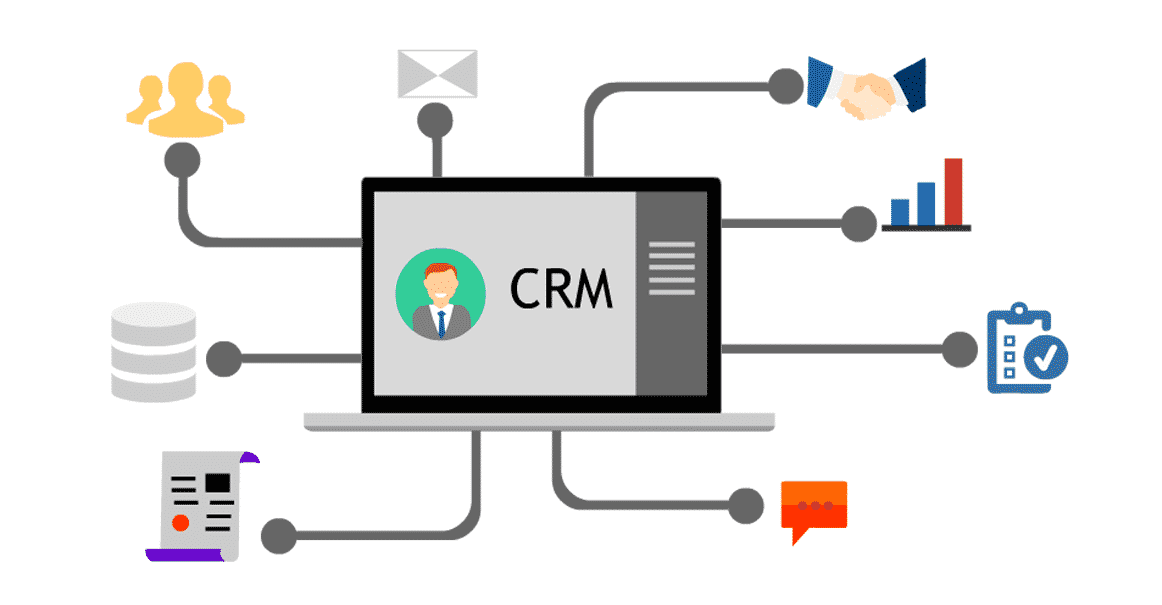How to Drive CRM Adoption Across Sales Teams
Garbage in, garbage out should be your mantra for keeping your home clean – not how you feel about the reports coming out of your current CRM.
Trying to create and implement a CRM that keeps both your leadership and on-the-ground sales team happy is one of the biggest challenges faced by Sales Ops. You know that if your CRM is still a duct-taped together system of Excel workbooks and the Notes app on each sales rep’s desktop, it’s next to impossible to gather and use sales insights quickly.
Even after investing in a robust CRM, many high-growth companies end up with an expensive tool – that no one uses. Driving internal adoption of new technologies, especially within remote teams, is crucial. How can you form insights from data that doesn’t exist?
So, how can you get your sales team to use a unified CRM?
Simplify your asks
Do you need 50 points of data when a new inbound lead comes through? Does it take 20 clicks to log information after the first sales call? The fastest way to turn your sales team off a new CRM (and back to their old system) is by asking too much for each stage of your sales process.
Before you start implementing a new CRM, have a clear definition of what data needs to be gathered at each stage of your sales process and be realistic about what data points are actionable and when. Know when you need more robust information and qualifications in the funnel and where you can rely on auto-captured information. How can you ensure that you’re not asking too much from your sales team?
Invite your sales team in
Do you know the workflow of your highest-performing sales reps? Do you have a process for sharing what happens with data that your sales team collects? Empowering your sales team to be a part of the CRM implementation process allows you the opportunity to hear direct feedback and to answer critical questions. Approach shadowing your sales team with an open mind and a learner’s mindset – you aren’t looking for validation of how you would set up your sales workflow; you’re looking to learn how they work.
Does your sales team know what you do with gathered data? Does your leadership team regularly share the connection between insights gained through sales data and business decisions? Showing your sales team the impact of the information they log in your CRM on the business as a whole and their own day-to-day sales process can answer the common “why does this matter?” pushback.
Grow together
Have you picked a CRM that can grow with your business as you scale? Once you’ve navigated the first phase of implementation and gained buy-in, trying to change CRMs again is a daunting challenge. Choosing a CRM that can grow with your business needs through customizations and add-on features ensures that your sales rep teams don’t have to learn a new CRM every six months.

